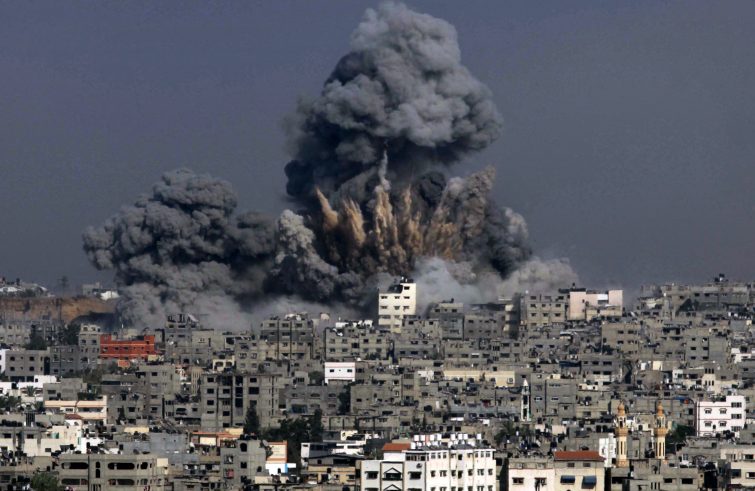
“Our thoughts and prayers are with the peoples who are victims of war”. This was the appeal made by Pope Francis at the end of today’s General Audience, in his greeting to the Italian-speaking faithful. “Let us not forget the martyred Ukraine and let us remember the Palestinian and Israeli people,” the Pope continued: “May the Lord lead us to a just peace. There is so much suffering: children suffer, the sick suffer, the elderly suffer and so many young people die.” “War is always a defeat, let us not forget: it is always a defeat,” the Holy Father reiterated in his umpteenth appeal for peace. The catechesis was dedicated to Madeleine Delbrêl, born in 1904 and died in 1964, a social worker, writer and mystic, who lived for more than thirty years in the working-class, poverty-stricken suburbs of Paris.
“Only on the move, on the go, do we live in the balance of faith, which is an imbalance, like the bicycle. If you stop, it does not stay upright”,
Francis said, commenting on what the same French mystic called a “spirituality of the bicycle.” “Madeleine had a constantly outgoing heart,” Francis said referring to the female figure at the centre of today’s audience: “She let herself be challenged by the cry of the poor. She felt that the Living God of the Gospel should burn within us until we have taken his name to those who have not yet found it. In this spirit, oriented towards the stirrings of the world and the cry of the poor, Madeleine felt called to ‘live Jesus’ love entirely and to the letter, from the oil of the good Samaritan to the vinegar of Calvary, thus giving him love for love … because, by loving him without reserve and letting ourselves be loved completely, the two great commandments of charity are incarnated in us and become but one’.”
“After an adolescence of agnosticism – she believed in nothing – at the age of around twenty Madeleine encountered the Lord, struck by the witness of some friends who were believers”,
The Pope said: “She set out in search of God, giving voice to a profound thirst that she felt within, and came to learn that the ‘emptiness that cried out her anguish in her’ was God who sought her. The joy of faith led her to evolve towards the choice of a life entirely given to God, in the heart of the Church and in the heart of the world, simply sharing in fraternity the life of the ‘street people.’ She poetically addressed Jesus: ‘To be with you on your path, we must go, even when our laziness begs us to stay. You have chosen us to stay in a strange balance, a balance that can be achieved and maintained only in movement, only in momentum.
A bit like a bicycle, which does not stay upright unless its wheels turn. … We can stay upright only by going forward, moving, in a surge of charity.”
“By evangelizing one is evangelized”, is yet another thing we are taught by Madeline. She used to say, echoing Saint Paul: “Woe to me if evangelizing, I do not evangelize myself”. Indeed, “evangelizing evangelizes one. And this is a beautiful doctrine”, Francis remarked off text. “Even secularized environments. – the Pope added – are helpful for conversion, because contact with non-believers prompts the believer to a continual revision of his or her way of believing and rediscovering faith it its essentiality.” “Looking at this witness of the Gospel, we too learn that in every personal or social situation or circumstance of our life, the Lord is present and calls to us to inhabit our own time, to share our life with others, to mingle with the joys and sorrows of the world”, the Pope concluded.











